
Vegan Nail Care in the Middle East: Products You Can Actually Find
The beauty industry is embracing a plant‑powered future, and nail care is no exception. For salons and consumers in the Middle East, cruelty‑free and vegan nail products are no longer a distant trend. They are available right here, through regional distributors and online platforms.
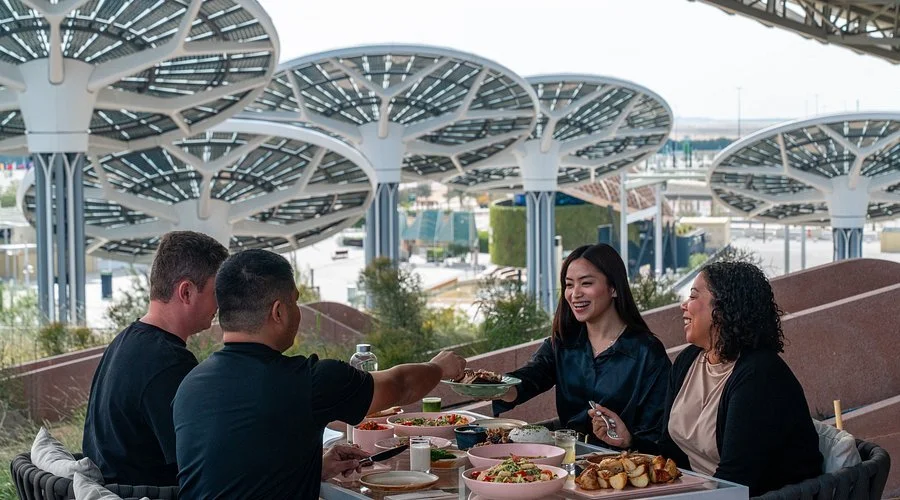
Dubai: Best Vegan Deals, Dishes & Restaurants You Can’t Skip This Veganuary
Veganuary in Dubai isn’t just a passing trend — it’s an invitation. An invitation to taste creativity, to discover indulgence, and to experience how plant‑based dining can be diverse, stylish, and world‑class. This January, the city’s kitchens are opening their doors to anyone ready to take the leap: to try vegan, to feel the difference, and to explore flavours that redefine what dining can be.
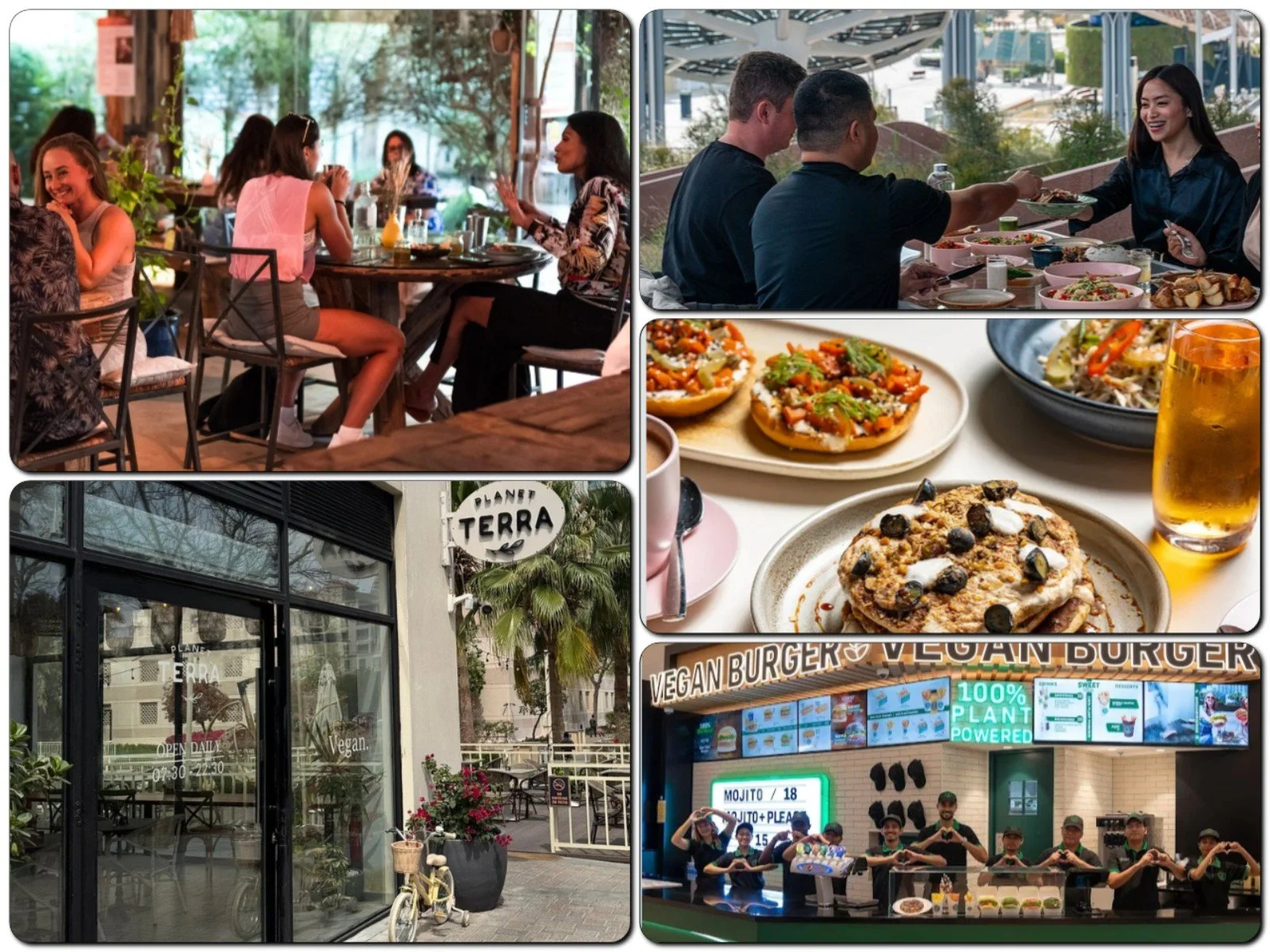
100% Vegan Restaurants in Dubai to Try in 2026
While many restaurants offer vegan options, only a handful in Dubai are fully vegan. In 2026, these dedicated venues cover the full spectrum of dining experiences, from indulgent fast food to wellness‑focused cafés and fine dining. This guide highlights their menus, atmospheres, and photos, showing how plant‑based dining in Dubai meets every occasion.

Algae, Lab‑Grown Meat, and Smarter Farms: Shaping the Future of Food in MENA
MENA is entering a moment of transformation, where food is increasingly connected to ideas of health, sustainability, and more mindful consumption. Across the region, new opportunities are opening up: Gulf states are channeling major investments into cultivated meat to meet protein demand ethically, North Africa is expanding aquaculture to deliver sustainable plant‑based protein and strengthen food security, and climate‑smart agriculture is already woven into national strategies. Together, these shifts point toward a future where innovation and responsibility redefine how the region grows and consumes food, creating systems that are efficient, climate‑conscious, and aligned with a vision of healthier diets.
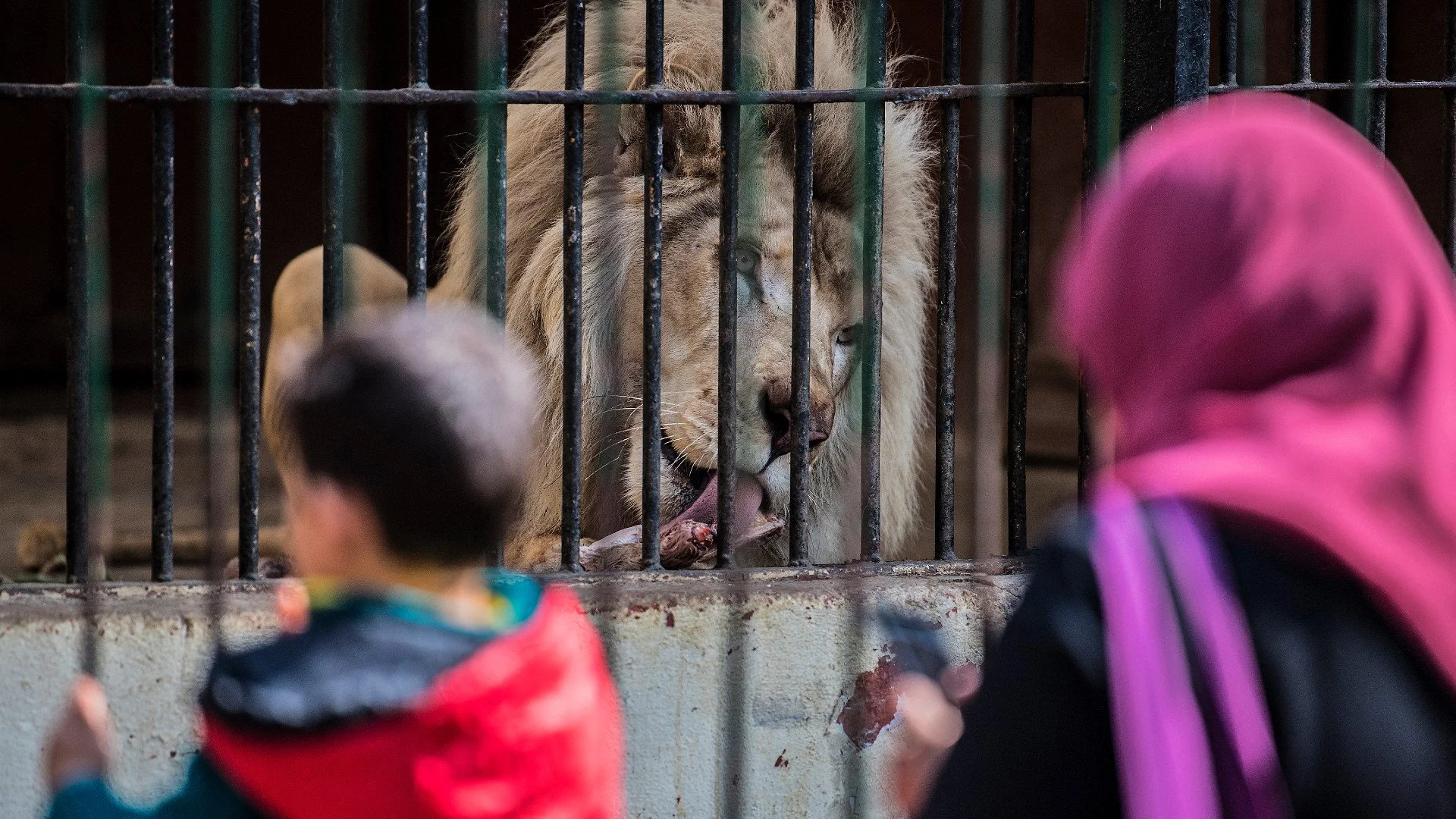
Reports of Distress and Alleged Killings Raise Concerns at Giza Zoo’s 2026 Reopening
Cairo’s Giza Zoo, undergoing extensive renovations and scheduled to reopen in 2026, is presented by authorities as a modern eco-tourism destination. At the same time, troubling reports during the renovation, including distressed animals, allegations of killings, and mishandling of carcasses, have drawn criticism and raised questions about animal welfare in captivity.

Vegan Travel Dining: A New Era for Middle Eastern Flyers
Global tourism is evolving fast, and travelers increasingly want experiences that reflect their values, with food at the center of this shift. Vegan dining is no longer a niche request; it is becoming a standard expectation across airlines and cruise lines, blending cultural authenticity with ethical and health-conscious choices. In this article we explore what travelers can expect when choosing vegan options in the sky and at sea, highlighting airlines that are leading the way, sharing insights from the latest global guide, and offering practical tips for stress-free journeys tailored to Middle Eastern travelers.

Unseen Animal Suffering of the Season: Rethinking Holiday Joy
The holidays bring families together in search of festive activities. Children are on school break, parents look for ways to create joyful memories, and communities promote outings that promise discovery and entertainment. Zoos, aquariums, circuses, farm visits, animal rides, and even pet shops are marketed as wholesome experiences, places where children can “learn about animals,” enjoy a spectacle, or receive a “special gift.” Yet industries built on animal exploitation intensify their efforts during this season, carefully staging what looks like joy at the expense of animals’ wellbeing.

Surviving and Thriving During the Holiday Season as a Vegan in the Middle East
The holiday season across the Middle East is a time of warmth, family gatherings, and feast. It is also a season of social rituals: relatives surprising children with pets as gifts, families planning outings to zoos or animal shows, and communities gathering around traditions that often involve animals. For vegans, these moments can bring challenges: tables filled with traditional animal-based dishes, social expectations, and the occasional raised eyebrow. Yet this season doesn’t have to be about “survival.” With creativity, confidence, and compassion, it can become a time of joy, connection, and even advocacy.

Vegan Festive Sweets: A Journey Through Middle Eastern Traditions
What do sweets mean in times of celebration? Why do certain flavors return each year, tied to rituals of joy, resilience, and hospitality? Across the Middle East, festive desserts such as Meghli, Maakaron, Qamhiyeh, Maamoul, and Zlabia are more than indulgence. They are memory, community, and continuity. They ask us: how do flavors carry stories, how do they connect us to one another, and how might they evolve when compassion guides our choices

The Pet Gift Crisis: Hidden Consequences of Animals Given as Presents
Across festive seasons and special occasions, animals are often wrapped in ribbons and presented as surprises. The gesture may appear joyful and heartwarming, yet beneath the surface lies a troubling reality. When living beings are treated as gifts, their futures are placed at risk. What begins as a moment of celebration can quickly unravel into neglect, abandonment, and overcrowded shelters, revealing the hidden consequences of turning companionship into commodity.

PETA Exposes the Hidden Cruelty Behind Tourist Rides as Egypt Celebrates Its Grand Museum Opening
As the Grand Egyptian Museum opens its doors to the world, inviting travelers to marvel at the legacy of ancient civilization, a quieter truth lingers just beyond the spotlight. In newly released footage, PETA Asia’s latest exposé unveils a sobering reality: camels bearing untreated wounds, horses collapsing from exhaustion, and discarded animal corpses scattered near Egypt’s iconic pyramids.

7 Ethical Radiance: 100% Vegan Skincare Brands Thriving in the Middle East
In the evolving landscape of Middle Eastern wellness, skincare is no longer just about surface-level glow—it's about integrity, sustainability, and ethical resonance. As consumers seek products that align with their values, a new generation of vegan skincare brands is rising to meet the moment. These brands don’t just promise results—they deliver transformation, rooted in transparency and purpose.

Building the Future of Food: How Saudi Arabia’s Vegan Meat, Dairy Alternatives, Luxury, and Biotech Sectors Are Redefining Conscious Consumption
Saudi Arabia’s plant-based transformation is no longer a fringe movement—it’s a multi-sector redefinition of how the Kingdom eats, innovates, and expresses values. From the explosive growth of the vegan meat market to the rise of dairy alternatives, ethical luxury, and biotech infrastructure, the Kingdom is crafting a new identity—one rooted in sustainability, cultural heritage, and conscious innovation.
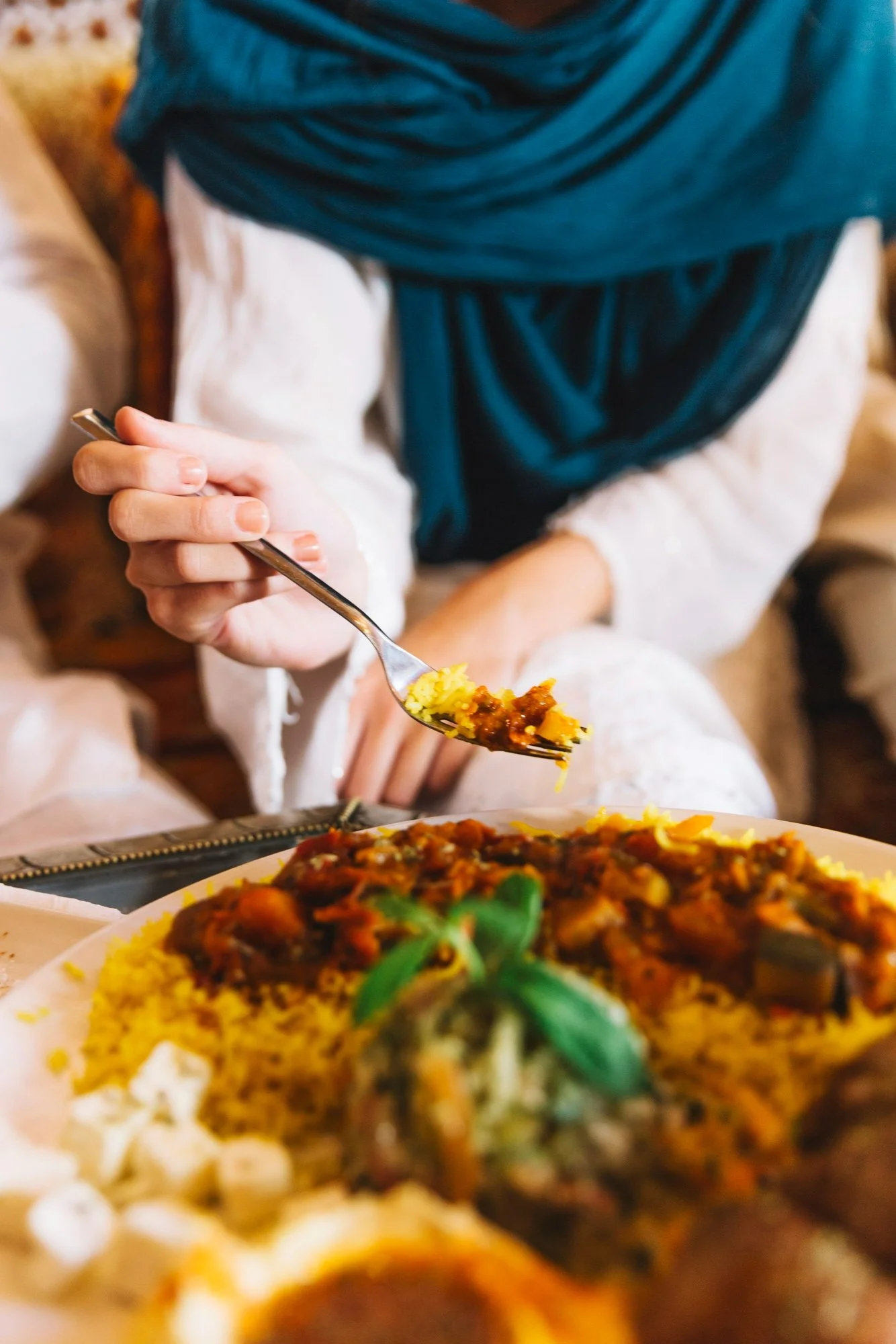
The Protein Paradox: Tradition vs. Transformation in the Middle East — A Region Caught Between Ritual and Reform
The Middle East is experiencing a profound shift in its food identity. For generations, meat has been more than nourishment—it’s been a symbol of hospitality, religious devotion, and cultural pride. From lamb feasts during Eid to grilled kofta at family gatherings, animal protein is deeply embedded in the region’s traditions. Yet today, a new narrative is emerging—one shaped by growing concerns over climate change, public health, animal welfare, and food security. Sustainability is no longer a fringe concept; it’s a regional priority. Conscious and ethical consumption is gaining traction, especially among younger generations who are questioning long-held assumptions about food and its impact.

NS Leathers: Saudi Arabia’s 100% Vegan Fashion Label Leading the Ethical Style Revolution
In a region where tradition meets innovation, NS Leathers has emerged as a bold voice for cruelty-free luxury. Founded in 2019, the brand proudly identifies as a “VEGAN LABEL SINCE 2019”, making it one of the first in Saudi Arabia to fully commit to vegan materials across its entire product line.
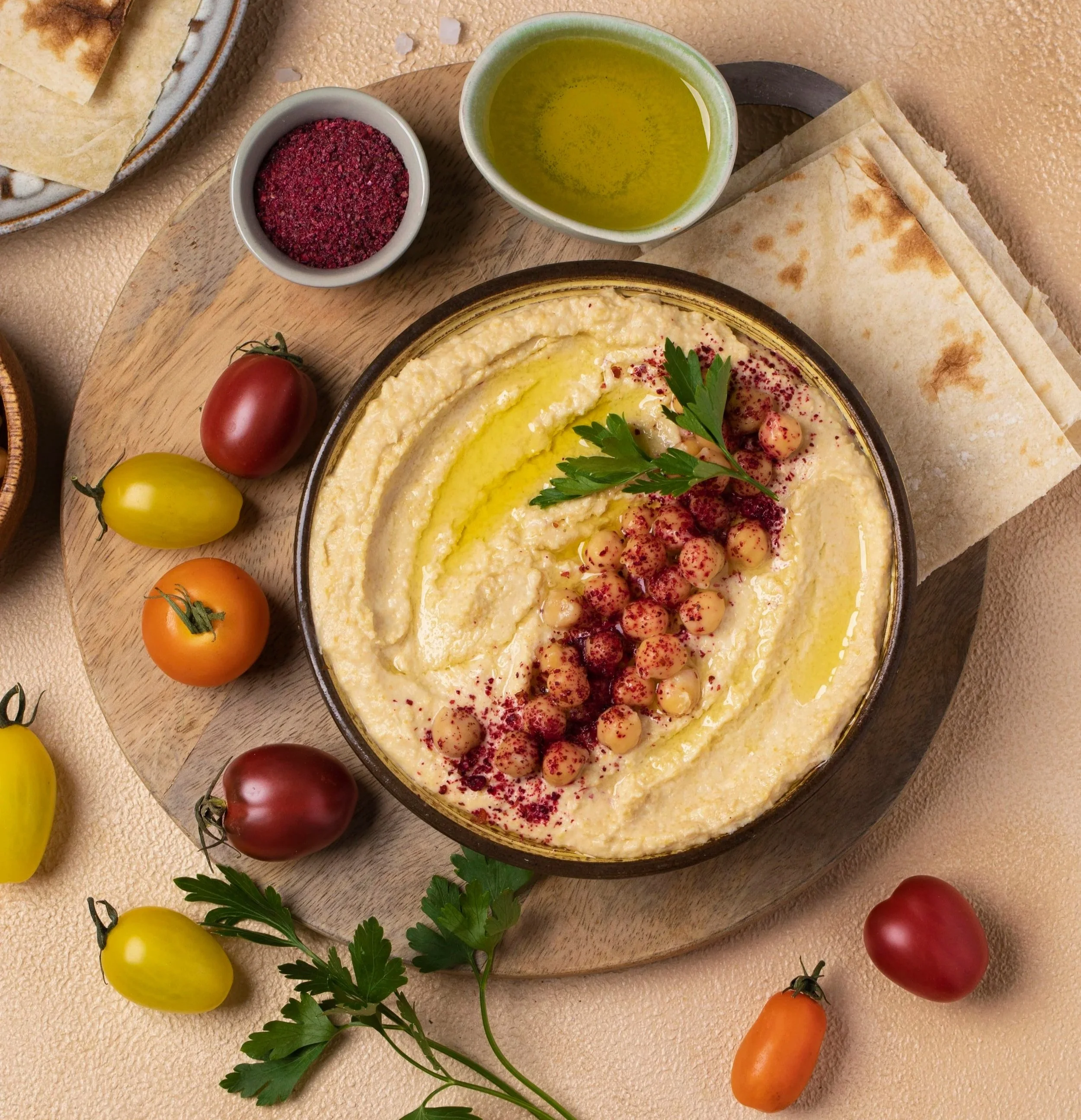
Hummus Rising: A Middle Eastern Staple Goes Global — With Tahina Unlocking a Complete Amino Acid Profile
Once a humble mezze dish passed from hand to hand across Levantine tables, hummus is now a global culinary icon — and a quiet nutritional powerhouse. According to recent market analysis, the global hummus industry is projected to reach USD 4.5 billion by 2035, driven by rising health awareness, plant-based diets, and culinary innovation. But for the Middle East Vegan Society, this isn’t just a market trend. It’s a moment of cultural affirmation — and biochemical surprise.

Baklava, Blossom, and Boldness: Beirut Chocolate Breaks the Mold with Plant-Based Flair and Global Curiosity
Handcrafted in London and inspired by Beirut, this chocolate bar blends Lebanese nostalgia with plant-based innovation. Created by Phil Khoury—former Harrod’s pastry chef and author of A New Way to Bake—Beirut Chocolate sold out within hours of its first release, with early batches shipped internationally to test packaging and logistics.
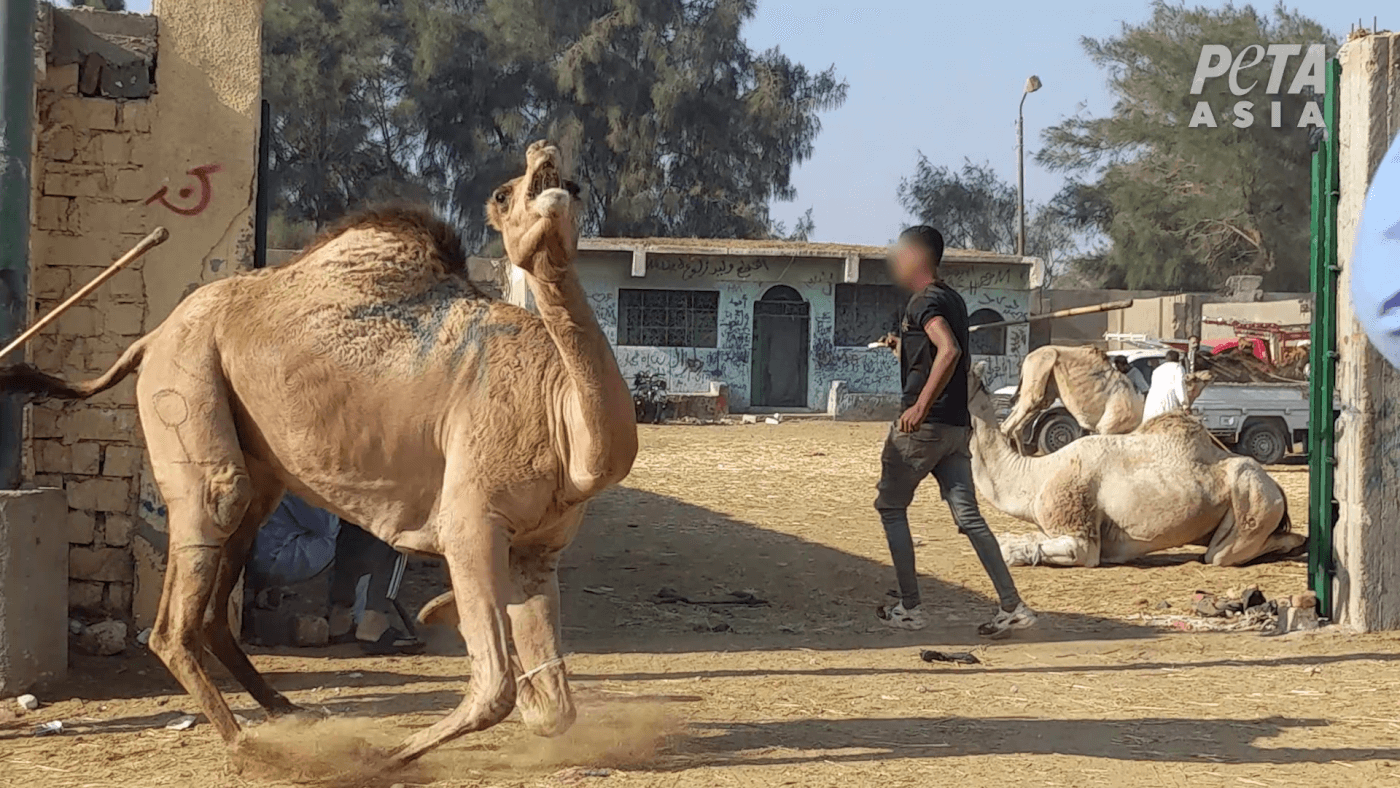
Help End the Abuse: Tourists Must Say No to Camel Rides in Morocco
Morocco’s deserts promise enchantment—golden dunes, ancient cities, and the allure of tradition. But one experience, marketed as “authentic” and “cultural,” comes at a devastating cost: camel rides. Behind the filtered photos and travel brochures lies a brutal reality. These majestic animals are suffering in silence.

The Gulf’s Plant-Based Rise: Wellness, Innovation, and Culinary Transformation
In 2025, the Gulf’s dining landscape is undergoing a vibrant transformation. From Abu Dhabi to Muscat, consumers are embracing health-driven choices, plant-based innovation, and cutting-edge culinary technology. Plant-based offerings are no longer niche—they’re central to how the region eats, innovates, and redefines luxury.

Plant-Powered Protein: Top Vegan Sources in Middle Eastern Cuisine
Protein is essential for building muscle, repairing tissues, and keeping your immune system strong. And contrary to outdated myths, you don’t need meat, dairy, or eggs to meet your protein needs. A well-planned vegan diet offers a rich variety of plant-based proteins—many of which are already staples in Middle Eastern kitchens. Here are the best vegan sources of protein—plus one widely available Middle Eastern dish that packs complete protein into one familiar, flavorful meal.

